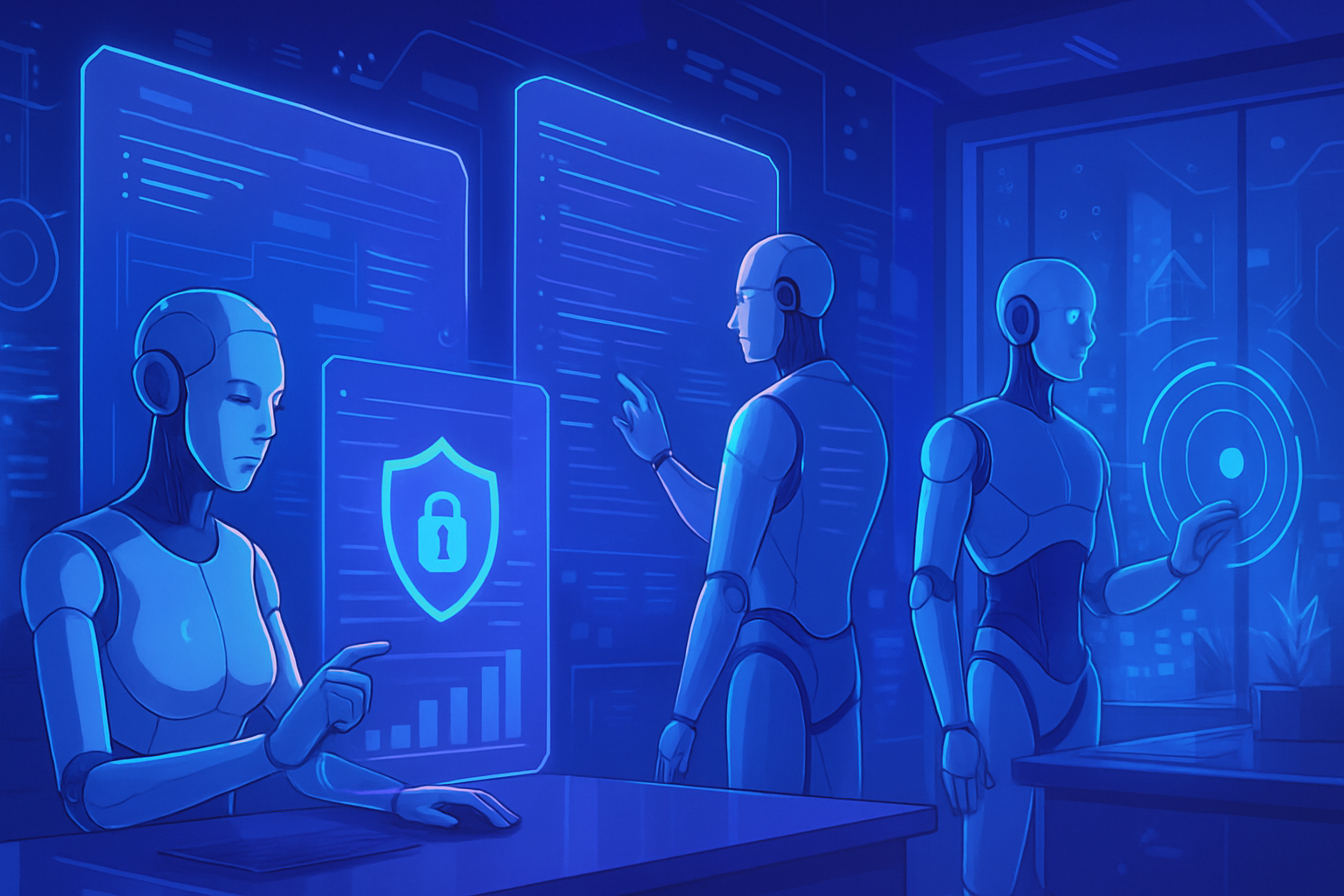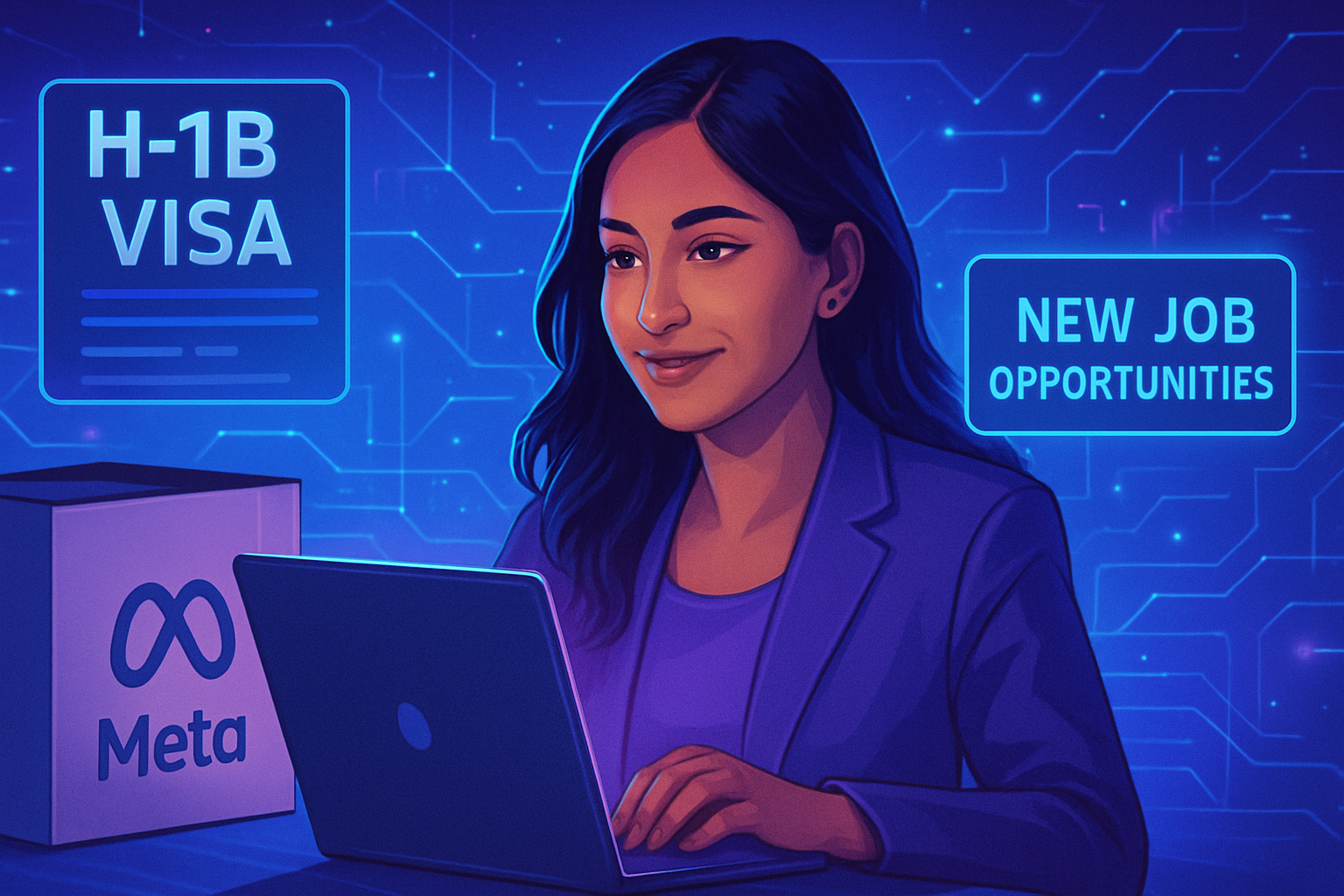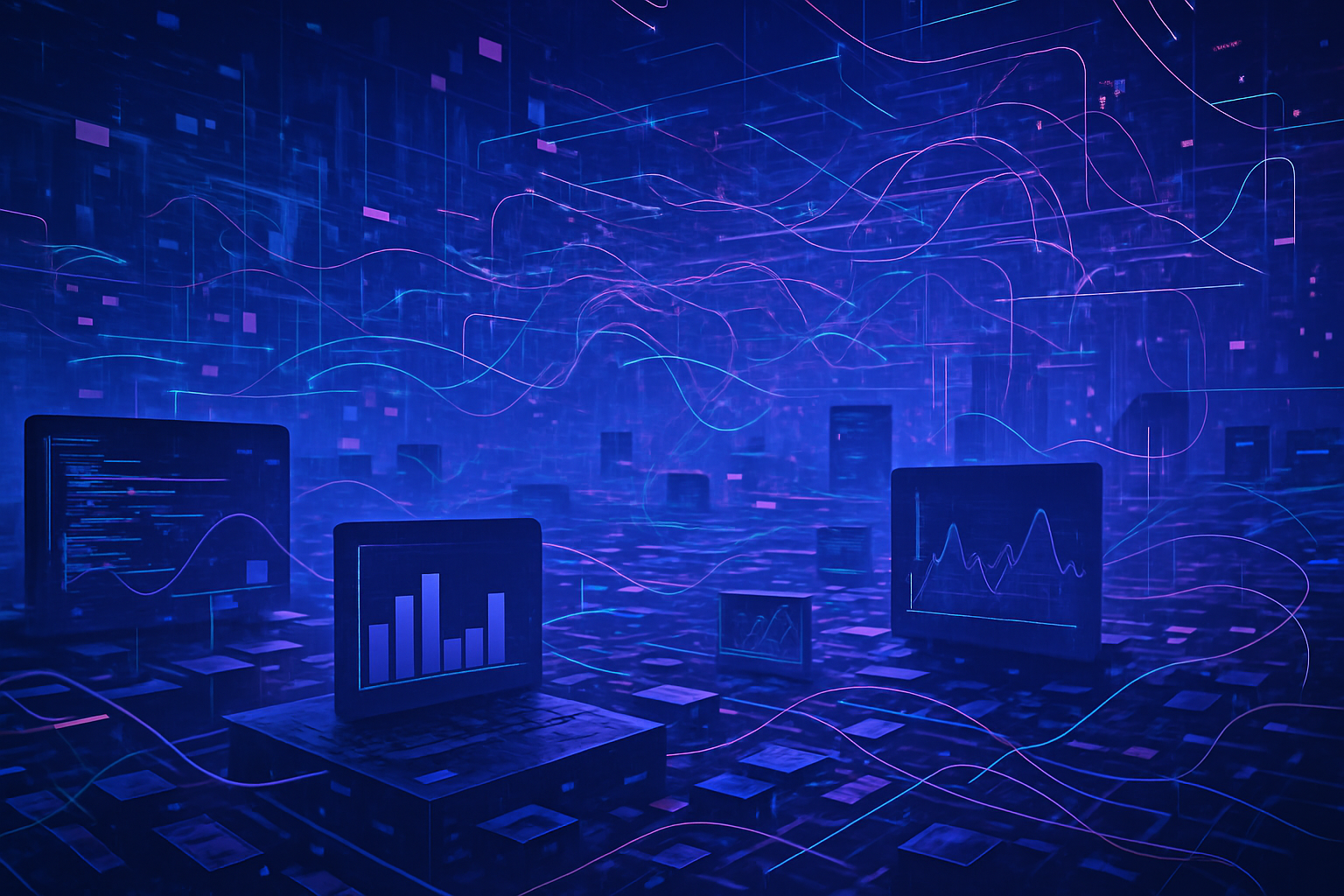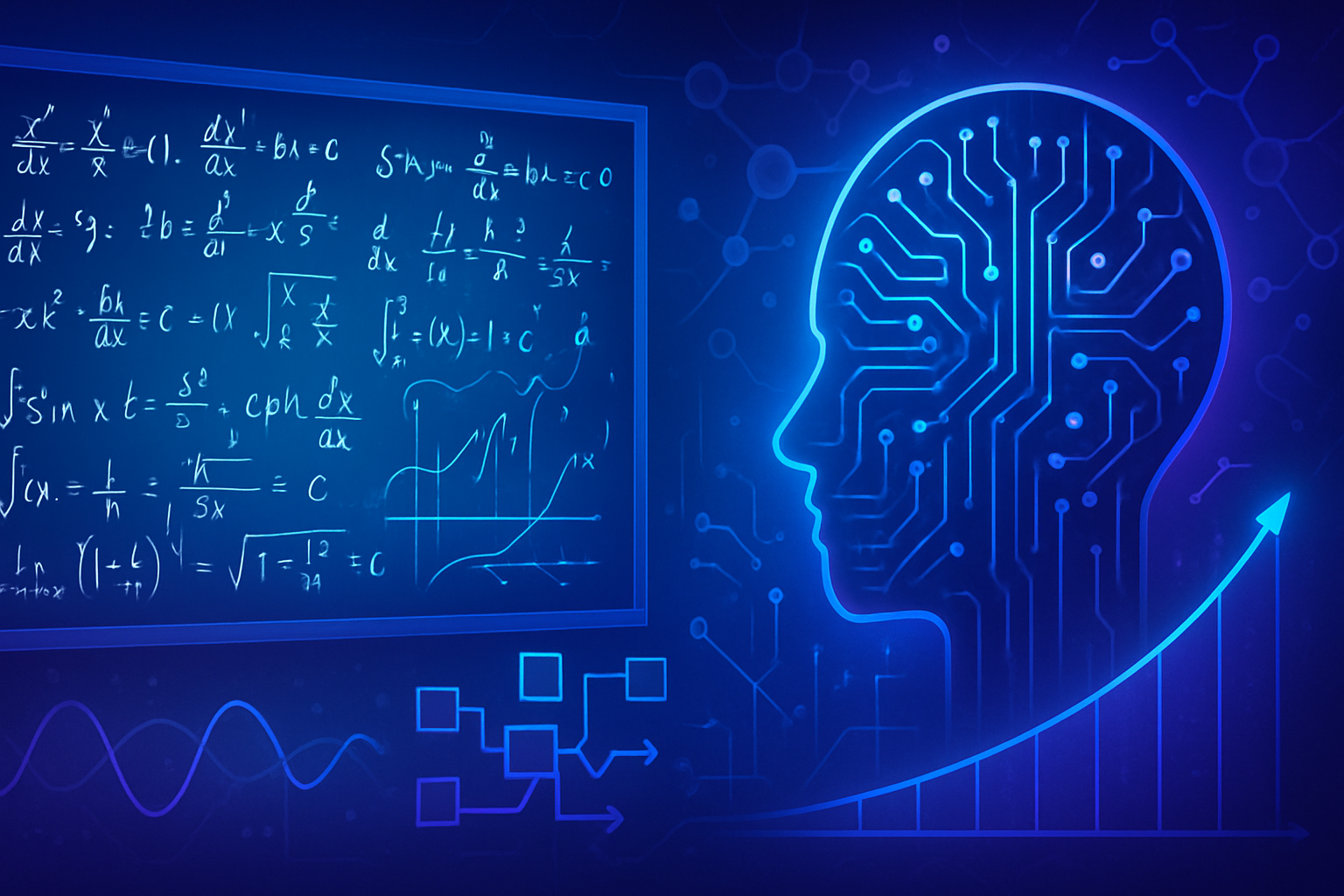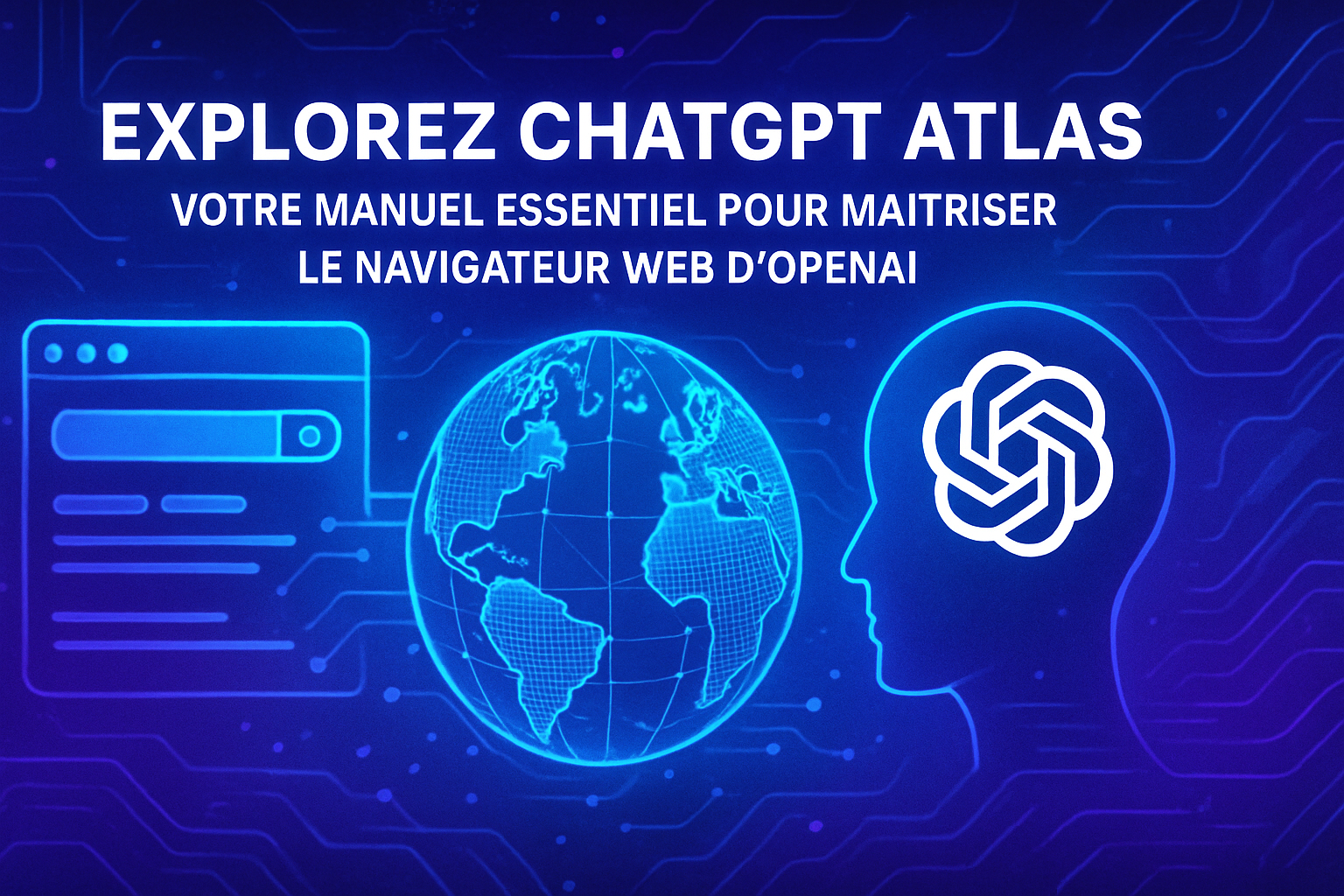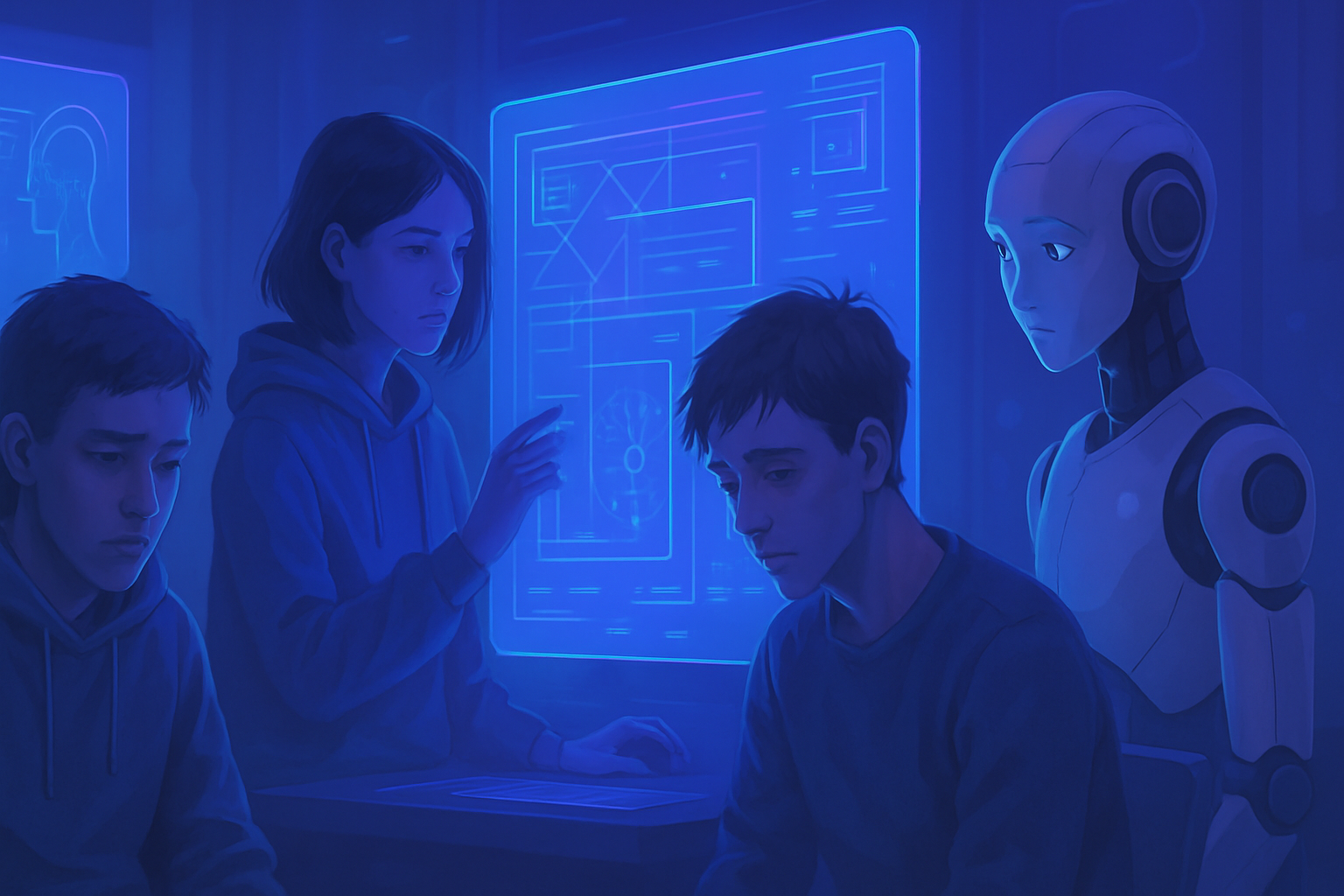Mobilization of Artists Against AI
More than 11,500 artists have signed a recently published petition, raising serious concerns about the use of their creations by artificial intelligence. Iconic figures such as Thom Yorke from Radiohead, Björn Ulvaeus from ABBA, and actress Julianne Moore stand in solidarity with this cause. Together, they are sounding the alarm about the risks associated with the appropriation of their works by algorithms.
Issues Raised by the Use of AI
Artists are concerned about the exploitation of their works without prior consent. The petition denounces the increasing use of AI to analyze and reproduce artistic creations. This raises ethical questions about intellectual property and the rights of creators. By acting in this way, digital platforms threaten the sustainability of artistic professions.
Heartfelt Testimonies
Thom Yorke has expressed his dismay at a technology that could nullify the very essence of human creativity. Björn Ulvaeus stated that AI cannot replace the emotion conveyed by art. These artists are calling for a shared awareness, highlighting the necessity of strict regulation.
Future Initiatives
This mobilization could mark a turning point. The signatories urge governments to implement legislation protecting the rights of artists in the face of the rise of generative technologies. The need for a dialogue between creative actors and AI developers is increasingly felt. The signing of this petition reflects a growing movement aimed at defending artistic integrity.
Public Reactions and Fan Support
Many fans and consumers of art are also engaging in this struggle. Awareness campaigns are flourishing on social media, galvanizing the artistic community. Public support reinforces the idea that art should remain in the hands of its creators. The hashtag #ArtIsNotAI has gained popularity, providing a platform to discuss ongoing issues.
Towards a New Era of Digital Ethics
The tensions surrounding AI and artists’ rights highlight an urgent need to establish ethical guidelines. This situation poses a major challenge for technology companies. In-depth reflection on how to integrate AI into the creative process without harming human creativity is essential. Sector actors must commit to respecting the fundamental values of art.
Frequently Asked Questions About Thom Yorke and Julianne Moore’s Alert Regarding AI
Why are Thom Yorke and Julianne Moore concerned about AI?
Thom Yorke and Julianne Moore, alongside thousands of other artists, are worried about the implications of artificial intelligence on creativity. They emphasize that AI can use their works without consent, threatening the protection of their copyright and artistic integrity.
What is the petition launched by these artists?
The petition signed by more than 11,500 artists calls for strict regulation of the use of AI in the artistic field. The signatories highlight the disregard for copyright and the lack of consent for the use of their creations in learning algorithms.
What are the specific concerns of artists regarding the use of AI?
Artists fear that AI, by repeating patterns based on existing data, will replace human creativity. They are also concerned about the dilution of their artistic and economic value, as AI could produce works at a lower cost, making their work less unique.
Who else has signed the petition alongside Thom Yorke and Julianne Moore?
Many renowned artists have joined the cause, including members of famous bands like ABBA and Radiohead, as well as film personalities like Julianne Moore. This demonstrates growing solidarity within the creative community in the face of challenges posed by AI.
What is the main goal of this mobilization of artists?
The main goal is to alert the public and decision-makers about the urgent need to protect copyright and implement regulations for the use of AI in the creative field. They hope to raise awareness about the dangers posed by unregulated use of these technologies.
How does the mobilization of artists against AI affect the creative industry?
This mobilization could lead to significant changes in how the creative industry regulates the use of AI. It could also encourage technology platforms to reassess and improve their copyright policies to protect creators.
How can art lovers support this initiative?
Art lovers can support this initiative by signing the petition, sharing information on social media, and discussing the importance of regulating AI in art. The engagement of a broad audience can influence public debate and attract the attention of decision-makers.
What impact could this have on the future of artificial intelligence in art?
If the concerns of artists are taken into account, this could lead to stricter regulations regarding the use of AI, thus fostering an environment where technological innovation develops in respect of artists’ rights. It could also awaken an awareness of the importance of human creativity in an increasingly automated world.

